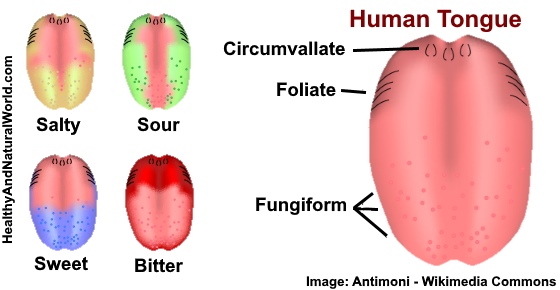
Hot foods or drinks can burn your taste buds, causing them to swell up. If that acid makes it all the way into your mouth, it can burn the papillae on your tongue.Ĭertain foods, chemicals, or other substances can cause a reaction when they touch your tongue. When you have gastroesophageal reflux (GERD), acid backs up from your stomach into your esophagus. Having swollen taste buds may make eating or drinking uncomfortable. Enlarged or inflamed taste buds can become irritated and painful. Normally you shouldn’t be able to feel your taste buds. Each one contains several hundred taste buds.
Foliate papillae are clustered on the back edges of your tongue. They’re large and round, and they house several thousand taste buds. Circumvallate papillae are located at the base of your tongue. These papillae help you not only to taste, but also to detect temperature and touch through sensory cells they contain. You’ll find them on the tip and edges of your tongue. Fungiform papillae are the most common type. These fibers send the message to your brain that you’ve just bitten into an apple or licked a lollipop. 
Each taste bud has between 10 and 50 sensory cells that are connected to nerve fibers. They’re housed inside the tiny bumps that line your tongue, called papillae. You have about 10,000 taste buds in total. They enable you to identify all the different tastes - sweet, salty, sour, bitter, and umami (meaty or savory). These tiny sensory organs line your tongue. Your taste buds are the reason you can tell that a lemon is tart and ice cream is sweet. There are many causes ranging from infections to allergies.
Certain disorders, including Parkinson’s, Alzheimer’s, multiple sclerosis, and Bell’s palsy, can cause impaired sense of taste, so it is important to get examined by a doctor if you’re experiencing a prolonged loss of taste.It’s possible to develop swollen taste buds, which can cause pain and make it hard to eat or drink. You might be asked to compare the taste of different chemical concentrations by sipping them and then spitting them out, or chemicals may be applied directly to the surface of your tongue. The otolaryngologist will examine your ears, nose, throat, and mouth and perform a taste test to determine the lowest concentration of taste quality that you’re able to detect. If you experience loss of taste that isn’t attributable to a cold or to ageing, you should ask your doctor for a referral to this specialist, who can diagnose the extent of your taste loss and help you find a treatment for the underlying condition. An otolaryngologist, more commonly known as an ENT (ear, nose, and throat) doctor, is a specialist in problems related to the ears, nose, throat, mouth, and larynx. 
See an otolaryngologist if you have prolonged loss of taste.






 0 kommentar(er)
0 kommentar(er)
